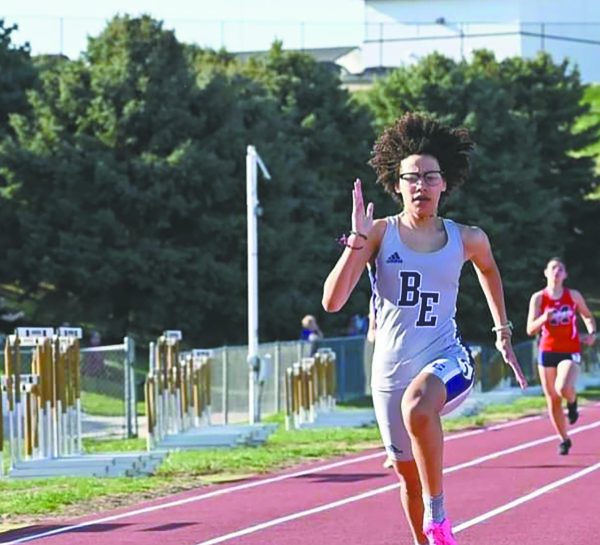History precedent in use of Native American mascots By Naylah Neal
May 3, 2021
Over the years there have been many reports, comments, and campaigns concerning the use of the offensive name: “Redskin(s)”, a discriminatory term to describe Natives, and other terms often referring to Native Americans in schools, sports, and other places.
The names for our schools, mascots, and sports teams were originally supposed to be an honor, but now it has just turned into an insult for Native Americans. A native of the Pawnee Nation of Oklahoma and a authorizing member of Arizona State University’s American Indian Studies Program, James Riding In, said:
“I flatly reject the contention of team owners and sports fans that American Indian-oriented team names, logos and mascots in professional and amateur sports pay homage to Indian bravery and courage. Their so-called honoring celebrations of Indian heroism are not only misguided, harmful and offensive to Indians but are also inextricably tied to this nation’s history of racism.”
According to the Washington Post, The origin of “redskin” has long been debated by linguisticians, Native American activists who appraise it as a slur and those who insist that the name of Washington’s football team distincts Indians rather than deprecate them. The word’s roots lead back to the mid-18th century, as settlers and Natives began to engage in war.
“1769: The first unchallenged use of the word “redskin” occurs when a British lieutenant colonel translates a letter from an Indian chief promising safe passage if the officer visited his tribe in the Upper Mississippi Valley. “I shall be pleased to have you come to speak to me yourself if you pity our women and our children; and, if any redskins do you harm, I shall be able to look out for you even at the peril of my life,” Chief Mosquito said in his letter, according to a 2005 study by Ives Goddard, the Smithsonian Institution’s senior linguist emeritus.”
According to an article from unomaha.edu, Exactly 50 years ago the UNO student body decided to change the mascot from the “Indians” to the “Mavericks” so as to steer away from the “racially charged” mascot. The new mascot was approved on August 5, 1971. The change not only signified a change in cultural thinking, but also the birth of a new chapter in the university’s history as it became part of the University of Nebraska system just three years prior.






